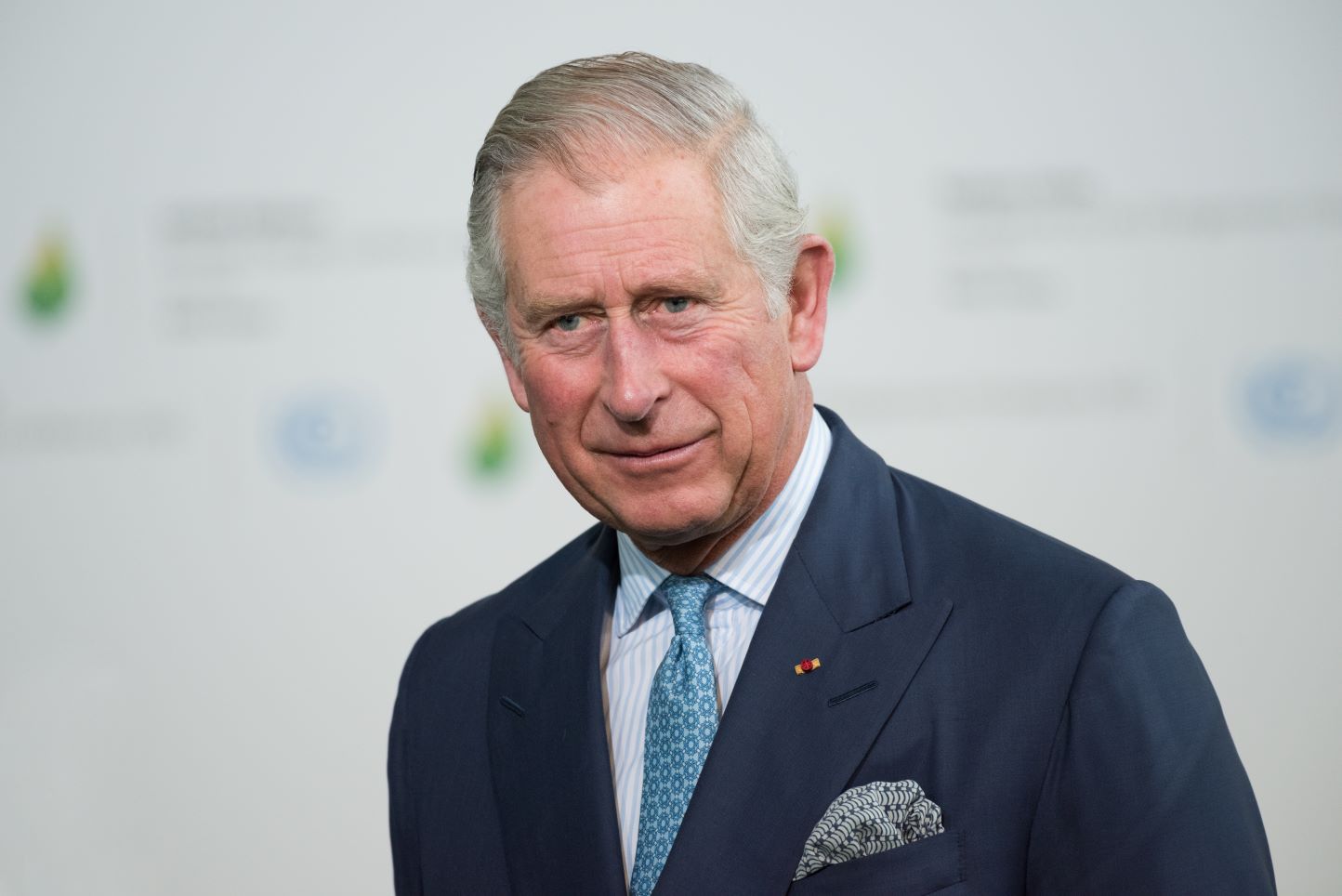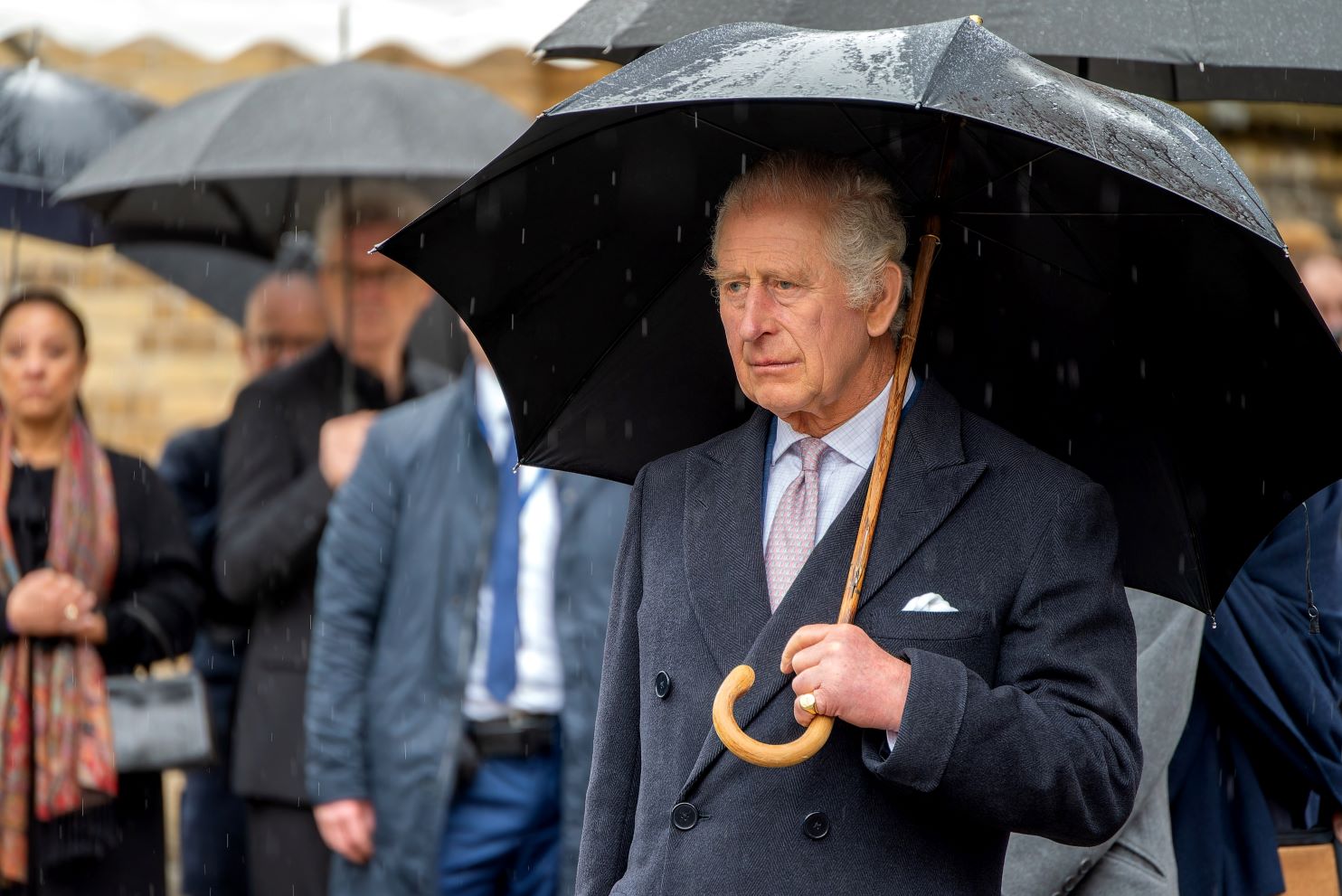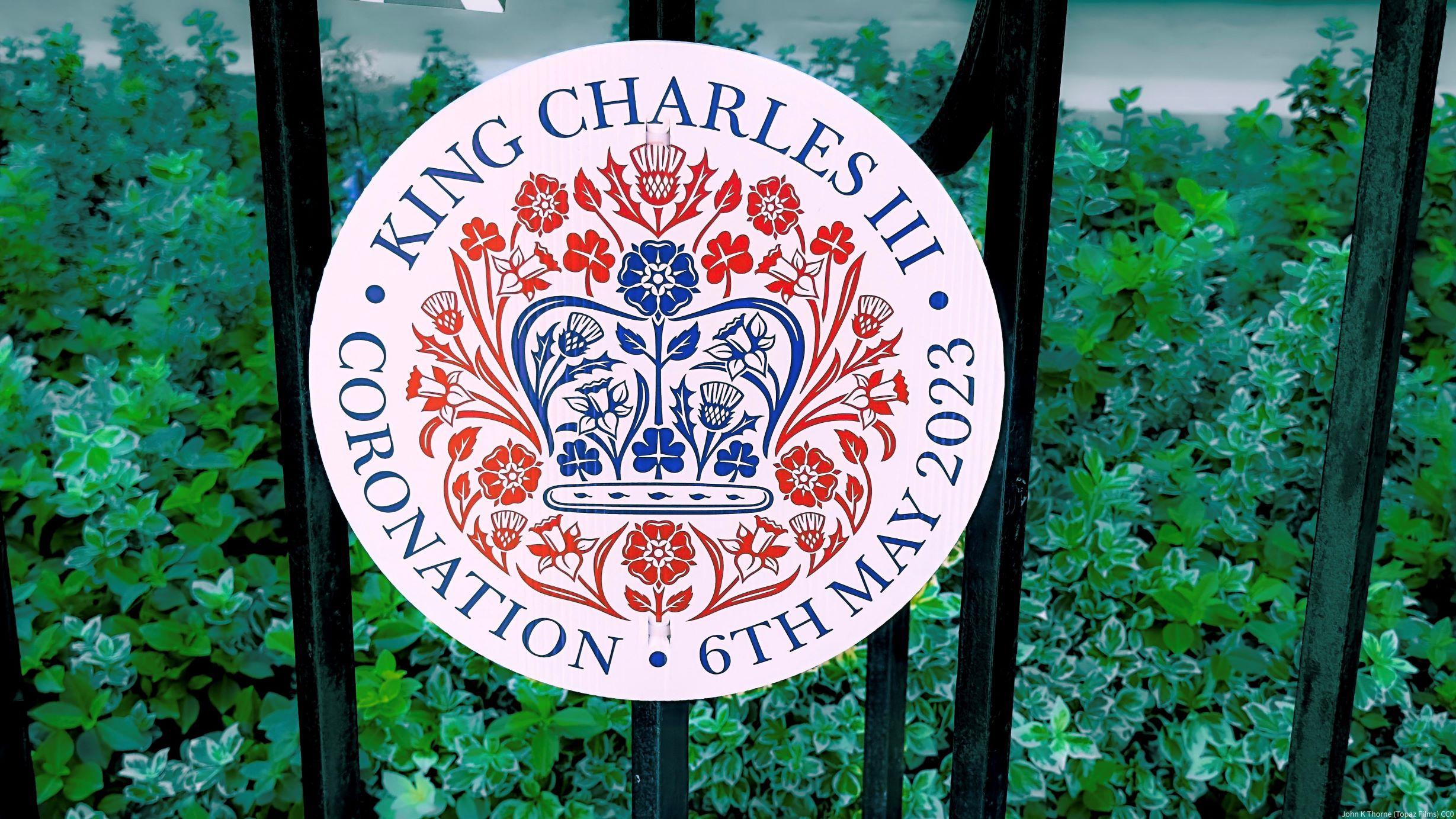The Coronation of King Charles III confirmed the pre-eminence of the Church of England in Britain, despite the country’s religious diversity and a trend towards declining religiosity among some parts of the population. Varun Uberoi discusses the significance of this and what it tells us about the continued relevance of multiculturalist ideas and understandings.
Just as the opening ceremony of the 2012 Olympics offered a vivid understanding of Britain, the Coronation of King Charles III celebrated, among other things, “the character of Britain”. The character of a country develops over time, and regardless of its current number of adherents, the Church of England has influenced British people, their history and their institutions more than other religions and retained its pride of place in the Coronation. The King thus continues to be “Defender of the Faith” – a reference to the Church of England; and Rishi Sunak, Britain’s first Hindu Prime Minister, still read from the Bible.
But minority faith leaders featured prominently in the middle and end of the Coronation, and King Charles said that that he wanted to be a blessing to all faiths. Without displacing the Church of England, minority groups were given prominence, and this is the kind of multiculturalism that British multiculturalists such as Bhikhu Parekh and Tariq Modood have long advocated. Since the 1990s, they argued that as long as the Church of England remains established, minority religions should be given additional, not equivalent, public status so as to recognise their influence on Britain too. This is what the Coronation did as minority faiths were given additional but not equivalent status and in an era in which many say multiculturalism is dead, passé or retreating, this multiculturalist idea remains in use.
Breaking with tradition?
This approach may seem like a reaction to recent polls that, for example, show that 49 per cent of ethnic minorities think the Royal Family has a problem with race and diversity. Only 38 per cent of ethnic minorities said the monarchy should continue. Yet far from a response to recent polls, the King’s stance seems to have developed over time, as in 1994 he suggested that he could be defender of faiths, not “Defender of the Faith”. This suggested the Church of England would lose its historical position and in 2015 he clarified that he would be “Defender of Faith and protector of faiths”. This preserves the Church of England’s historical role while including minority religions.
The King seems to want to avoid downgrading the Church of England but also endorse an understanding of how minority communities influence Britain.
Similarly, shortly after his accession, the King said that he would take the traditional oath and affirm the settlement of the Church of England but described Britain as a “community of communities”. As I show elsewhere the phrase “community of communities” was used by thinkers such as Figgis, Gandhi, Buber, and politicians such as the former Canadian Prime Minister Joe Clark. But in debates about what Britain is, this is how Parekh, Modood, Stuart Hall and others described Britain so as to argue that its many religious and ethnic communities helped to compose Britain as a national community in the 2000 Parekh Report. The King seems to want to avoid downgrading the Church of England but also endorse an understanding of how minority communities influence Britain. This is valuable for at least three reasons.
First, if the Coronation was designed to appeal only to white Christians, minorities are being treated as if they are outsiders even though they are citizens, but if their presence and significance are included in the Coronation, this shows leadership in helping to normalise inclusive ideas of Britain. Second, in doing so it problematises views of Britain that either exclude minorities or downgrade certain traditional features of Britain so as to encourage greater subtlety in the inclusive narratives and understandings of Britain that we endorse. Third, it makes it harder for those who wish to argue that a cultural majority is being displaced by minorities when inclusion can occur while preserving the centrality of this group.
A fine balance
It may be noted that, according to the last Census, 22.2 million people said they had ‘no religion’ and they may have preferred the Coronation to be non-religious or less religious instead of more multi-religious. Yet a recent large Theos survey showed that among non-believers, only a third opposed religion and only this portion of non-believers, assuming they all want to retain the monarchy, is likely to wish there was less religion in the Coronation. If such a wish were granted, there would still be a need to include minorities in the Coronation to avoid excluding a great many citizens. And it is difficult to simultaneously reduce religion in the Coronation and increase the presence of, for example, Jewish, Muslim or Sikh minorities who self-identify through their religion and often see it as part of the basis of their minority status. Including these minority religious groups while displacing the dominant religious group would seem inconsistent, hamper interfaith relations and provide ammunition for those who stoke fear of displacement of white majority traditions. If the monarchy and the Church of England’s role are retained, the multiculturalist approach that was used in the Coronation seems to have been the right one.
Is this enough? No. There remain, for example, significant discussions about whether the monarchy must not only apologise for how they benefitted from slavery and empire but consider what redress is due. But the multiculturalist approach used at the Coronation retains the role of the Church of England while including minorities in prominent ways, and as such it is a good start. And with the King himself adopting multiculturalist ideas, such ideas still have a role to play in these and other debates.
All articles posted on this blog give the views of the author(s), and not the position of LSE British Politics and Policy, nor of the London School of Economics and Political Science.
Image credit: Photo by John K Thorne, public domain.






